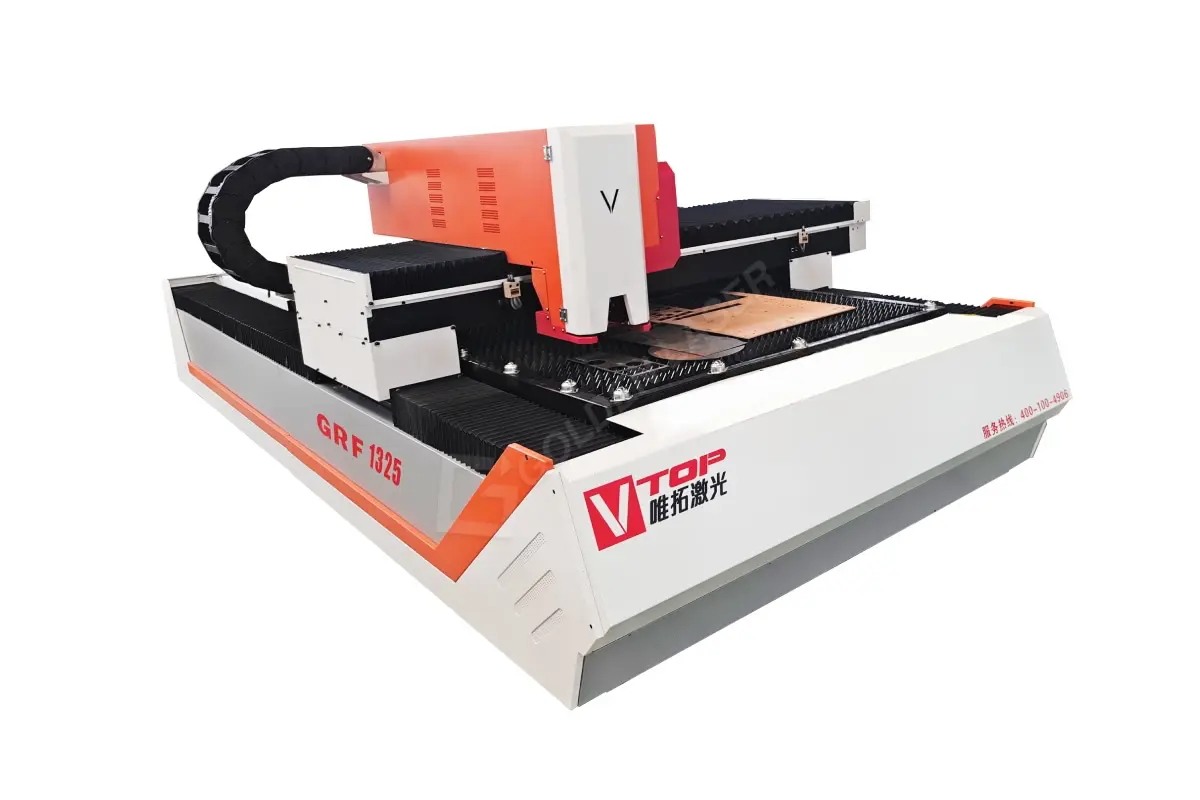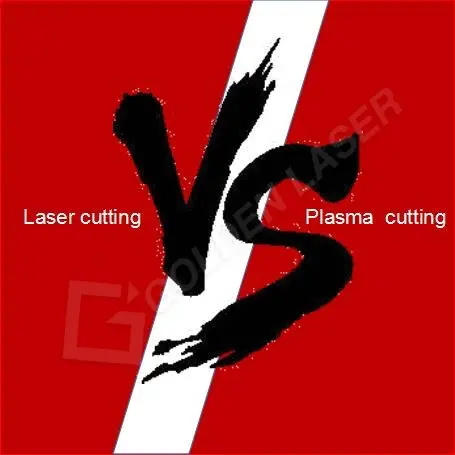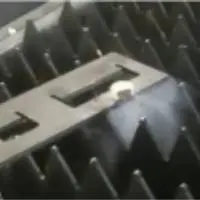
Exploring the Advantages and Applications of CNC Machines for Copper Manufacturing: A Comprehensive Guide
In the modern manufacturing landscape, the demand for precision components made from various materials is soaring. Among these materials, copper stands out due to its excellent conductivity, malleability, and resistance to corrosion. As industries evolve, the CNC (Computer Numerical Control) machine for copper has gained prominence for its ability to deliver intricate designs and high-quality finishes. This article delves into the benefits, applications, and considerations associated with using CNC machines for copper fabrication.
Understanding CNC Machining
CNC machining is a manufacturing process that utilizes pre-programmed computer software to dictate the movement of machinery and tools. This technology allows for the automation of processes such as drilling, milling, and turning. With CNC machining, manufacturers can achieve a level of precision that is difficult, if not impossible, to replicate manually. The use of CNC machines for copper machining offers an array of advantages that elevate production efficiency and quality.
Benefits of Using CNC Machines for Copper

Exploring the Advantages and Applications of CNC Machines for Copper Manufacturing: A Comprehensive Guide
1. **Precision and Accuracy**: One of the primary advantages of using CNC machines for copper is the high level of precision they offer. CNC technology allows for the consistent production of parts with tight tolerances, which is critical in industries that require exact specifications.
2. **Complex Designs**: CNC machines can execute complex geometries that are often unattainable with traditional machining methods. This capability is crucial for industries such as aerospace, automotive, and electronics, where intricate copper components are necessary.
3. **Increased Efficiency**: CNC machines can operate continuously, significantly increasing production rates compared to manual machining processes. This efficiency translates into reduced lead times, which is vital in today’s fast-paced market.

Exploring the Advantages and Applications of CNC Machines for Copper Manufacturing: A Comprehensive Guide
4. **Reduced Waste**: With precise cutting and processing, CNC machines generate less waste material. This is particularly beneficial in copper machining, where the cost of copper can be significant. Efficient material usage lowers production costs and lessens environmental impact.
5. **Versatility**: CNC machines can be programmed for various operations without needing extensive machinery changes. This versatility allows manufacturers to switch between different copper parts and designs quickly, adapting to changing market demands.
Applications of CNC Machining for Copper
The applications for CNC machines in copper fabrication are diverse, spanning numerous industries:
1. **Electrical Components**: Due to its electrical conductivity, copper is extensively used in electrical connectors, circuit boards, and wiring. CNC machining enables the production of precise components that meet strict electrical standards.
2. **Automotive Components**: Components like heat exchangers, radiators, and wiring harnesses often use copper. Implementing CNC machines ensures these parts are produced accurately and can withstand the rigors of automotive applications.
3. **Aerospace Industry**: Copper’s strength and lightweight properties make it an ideal choice for aerospace components. CNC machining can produce complex parts needed for aircraft assemblies, enhancing reliability and performance.
4. **HVAC Systems**: Copper pipes and fittings are essential in heating, ventilation, and air conditioning systems. CNC machines facilitate the production of these components, ensuring proper sizing and fitting.
5. **Art and Design**: Beyond industrial applications, CNC machining is increasingly favored in custom art and design projects using copper. Artists and designers utilize CNC technology to create intricate patterns and sculptures, showcasing the material’s beauty.
Considerations When Using CNC Machines for Copper
While the advantages of CNC machines for copper fabrication are clear, there are several considerations to keep in mind:
1. **Tooling and Maintenance**: Copper machining requires specific tooling materials and designs to prevent wear and tear. Regular maintenance is vital to ensure the longevity of the CNC machinery and the quality of the output.
2. **Material Properties**: Understanding copper’s properties is crucial in CNC machining. Factors like thermal conductivity and ductility can affect machining techniques and parameters, impacting overall efficiency.
3. **Cost Factors**: While CNC machines can reduce waste and increase efficiency, the initial investment in CNC technology can be high. Manufacturers must evaluate their needs and projected ROI when considering CNC machines for copper fabrication.
Conclusion
The integration of CNC machines in copper manufacturing represents a significant advancement in modern engineering. With their ability to produce high-precision, complex components efficiently, CNC machines are transforming how industries operate. As technology continues to evolve, the potential for CNC machining will undoubtedly expand, offering even more innovative solutions for copper fabrication. Embracing this technology enables manufacturers to remain competitive while meeting the rising demands of the marketplace. Plate Cutting Machine Manufacturers
